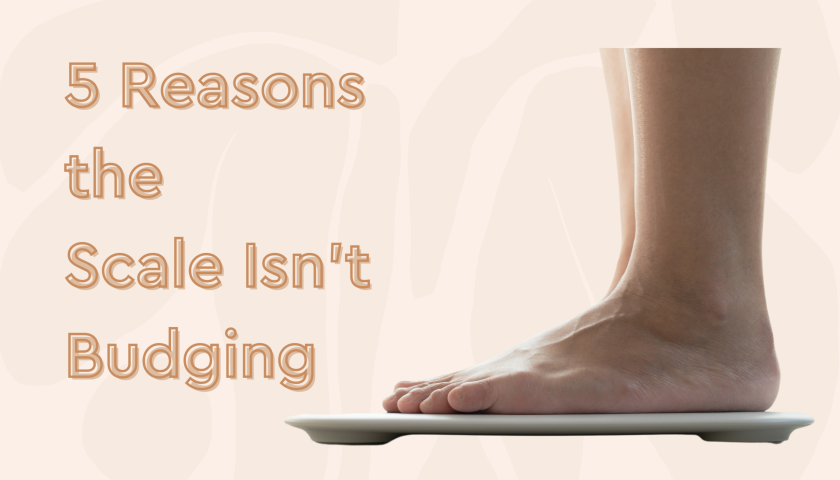Not the type to lift weights in the gym? No patience for yoga? Feel like you’ll pass out 5 seconds into running? We hear you.
Walking is the best form of exercise you can take up. It’s great for people who are trying to lose weight, the elderly, diabetic or those who have heart related problems.
Trust us, we’ve got doctors’ approval on this.
“Walking is considered as a nearest activity to perfect exercise,” says Dr Amar Singhal, interventional cardiologist, Sri Balaji Action Medical Institute, Delhi. “It’s the easiest way to increase physical activity and improve fitness. It is popular and accessible to all, with a minimal risk of injury.”
Moreover, it doesn’t require any training, special skills, expensive equipment, facilities, or clothing. It can be done at a variety of intensities and speeds, individually or in a group. And it doesn’t matter how old you are – you can always take it up.
Dr Anil Bhoraskar, senior diabetologist, Fortis SL Raheja Hospital, Mumbai, says, “Walking aids in improving cardiac and respiratory efficiency. It also improves the health of muscles, bones and joints. It prevents osteoporosis, as it is a great weight bearing exercise. Regular walking also results in better reflexes and reaction time.
Let’s take a look at some more benefits of walking.
Heart health
Walking causes a temporary increase in the heart rate, which helps to train the heart to become a more efficient and stronger pump. With increase in heart rate, the heart will pump more blood, leading to increased blood circulation through body, bringing more oxygen and nutrients to all organs and muscles. “Walking also increases lungs’ ability to take in oxygen, helps to reduce body fat, lowers blood pressure, and improves blood sugar and cholesterol levels,” says Dr Singhal.
He adds that studies have found that people who did moderate exercise, whether walking or riding a stationary bicycle for 30 minutes three times a week had a 26% reduction in the risk of death from heart disease.
Weight loss
“You spend 4cals./ min. if you walk at a pace of 5km./ hr. This helps to burn calories. This weight comes down from the dead weight (like fat from the abdomen) and improves your muscle mass and tone,” says Dr Bhoraskar. Initially, you may not lose in kilos but may lose in inches. Sustained weight loss is only evident after consistent walking for months together. Also, he cautions, “one has to remember that regular walking may actually improve your appetite and you may overeat, so that temptation must be avoided.”
Blood pressure control
Walking is a proven way to reduce blood pressure for those who may be hypertensive. During walking, blood vessels may become more relaxed, or dilated, to allow for the increased blood flow. “This is a very positive response of the body as it may result in lowering of blood pressure. According to a report, daily walking can lead to 5.2–11.0 mmHg decrease in systolic blood pressure and 3.8–7.7 mmHg decrease in diastolic blood pressure,” says Dr Singhal.
Better digestion
“Rhythmical contractions of abdominal and pelvic muscles, coupled with rapid breathing causes increased gut movement and prevent stasis (a period or state of inactivity). It improves certain digestive enzymes, and aids in the digestion of proteins,” says Dr Bhoraskar. It also helps in flatulence and gases. Brisk walking also helps in relieving constipation and easy evacuation of the bowels.
Mental health
Regular walking for long distances gives you a feeling of ‘high’, due to the production of beta endorphins (body’s own morphine) without having any side effects of morphine,” says Dr Bhoraskar. It leaves you with a pleasant feeling and promotes positive thinking. It also helps overcome depression.
So, how much should a person walk for on a daily basis?
Walking 30 minutes every day can significantly improve cardiovascular fitness, body composition, blood pressure, and lipid profile. “One can walk more on some days and less on others, but the total time for the week should be at least 150 minutes (2.5 hours) as per the public health recommendation. Even small improvement in the amount of daily walking is better than no walking,” says Dr Singhal.






